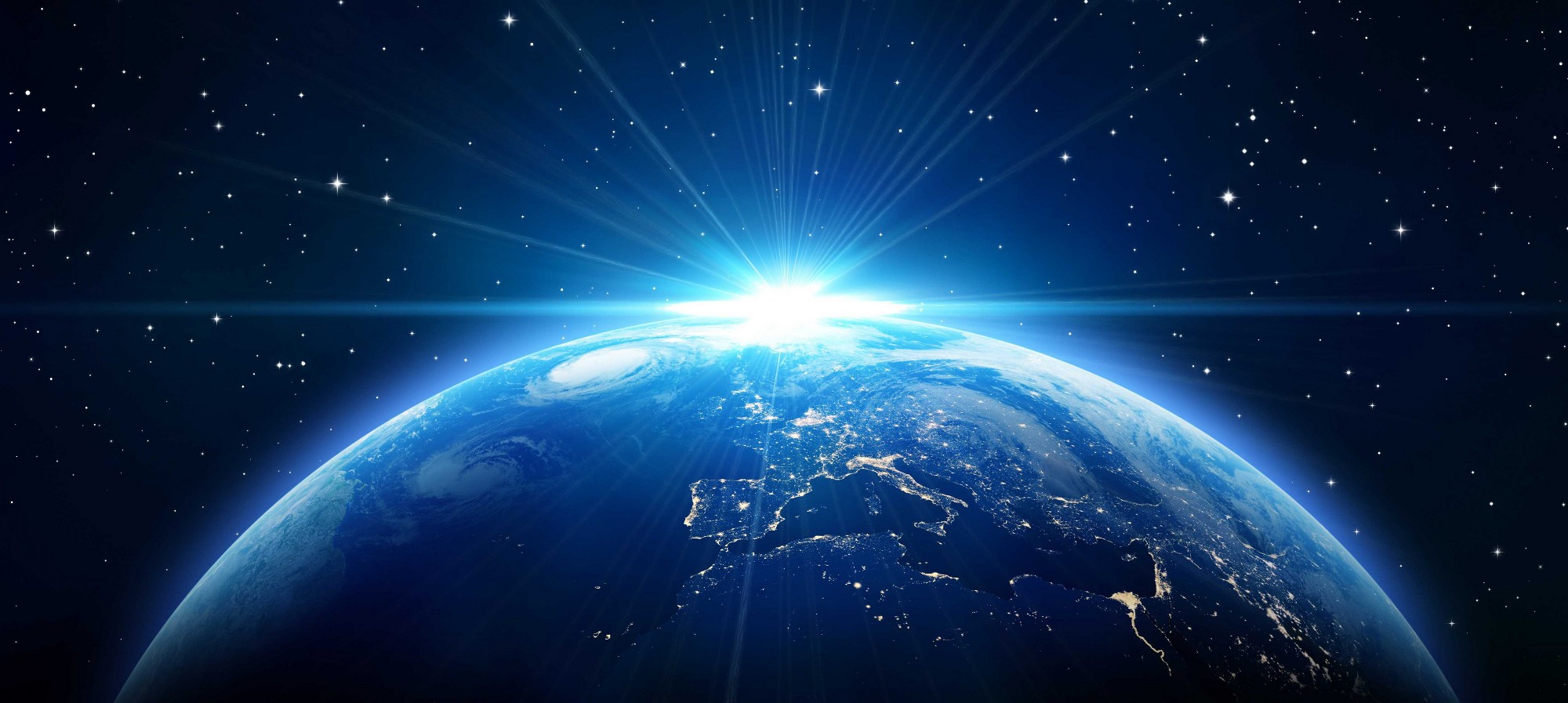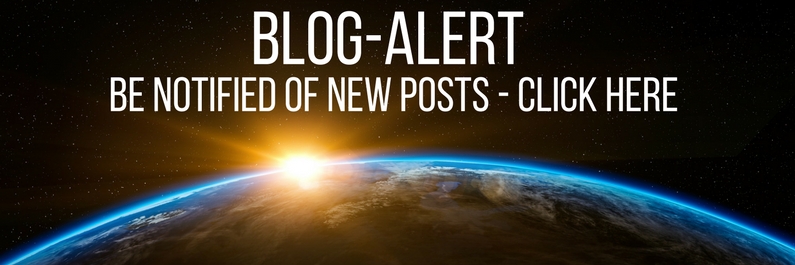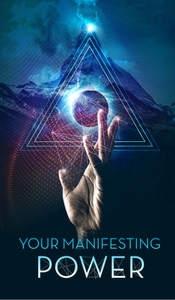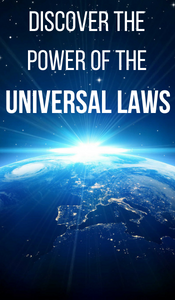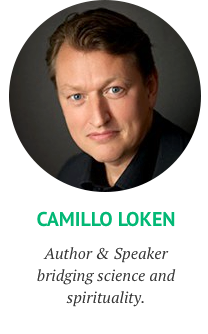
Most of the content of this blogpost is from my book The Paradox of Creation
Where do we come from?
Mankind has been pondering this question for as long as man has existed. In ancient times man looked to the sky for answers.
Many cultures developed a keen sense of how this Universe operates – The Mayan culture being one of them. The predicted how the Universe operated in cycles long before any telescope was invented.
But what about our origin? How did this whole Universe start? The Mayans could not tell us that – nor any other culture. When science entered the scene we developed technology which could detect how the Universe is really expanding.
During the 1920’s and 30’s, the American astronomer Edwin Hubble discovered that the Universe is expanding, with galaxies moving away from each other at a velocity given by an expression known today as Hubble’s Law.
By studying the way in which the Universe expands cosmologists said it was possible to learn a great deal about its past and as such to trace the expansion back to its point of origin – the Big Bang. Much like you would be able to rewind a video showing an explosion.
Cosmologists have calculated the Big Bang event to app. 13.7 billion years ago and they say they know what happened just a billionth of a second after the explosion/ expansion.
However, they don ́t know what preceded the Big Bang. How did the Big Bang occur? What went bang?
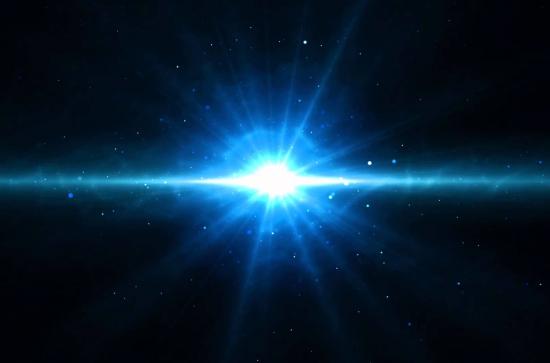
It´s also important to note that the Big Bang is just a theory. The best we have so far, but it´s not complete because it can´t tell us how something came out of nothing. Where is the power in nothing to turn it into something.
Since the discovery of the micro-world and the subatomic realm scientists have discovered that the atom consists of 99,999999999 % empty space. Nothingness. A vacuum, but this nothingness is not nothing. It´s filled with energy as the scientists realized later on.
So if the Universe came out of nothing and nothing is really energy where did the energy come from?
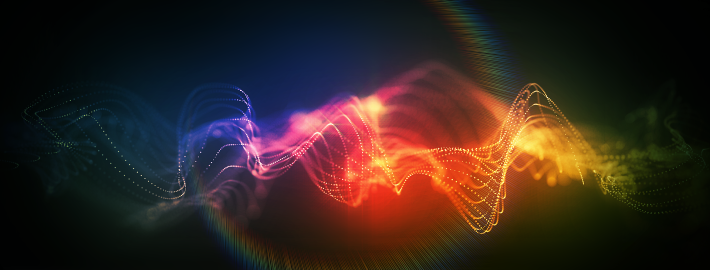
You see, we will never find the starting point of the Universe. Whatever we call the “starting point” – will itself require its own origin.
And if we found that “new” starting point it will again require its own starting point.
It´s just an endless cascade.
And another thing that has been bothering me is this:
If there was no space and time before the Big Bang occurred what did the Universe “expand into” ?
If you blow up a ballon it can expand as much as you want because there is space allround for the ballon to expand into.
But this is not the case for the Big Bang. It´s nothing to expand into. How can it expand into nothingness?
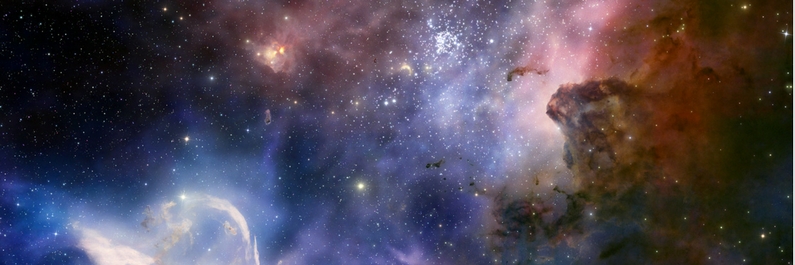
It´s difficult to relate to because we are so used to think in terms of time and space, but when there is no space there can be no expansion simply because there is no space to expand into?
Do you see?
So when scientists say that the Universe is infinite and keeps on expanding I keep asking myself this question: what is this ever expanding universe expanding “into”?
As I see it they´ve got it wrong. They try to look at it from an “outside” view, when they should be looking at it as “an inside thing” – MIND.

This whole Universe is MIND and so it can expand as much as it like because there are no boundaries to a mind. It doesn´t need space to expand “into”.
Just like when you are dreaming. The dream just appears and it can be in as many timezones and “places” as it wants. Nothing is restricting it. No space is needed.
All the clues to who we are can be found when looking inside. So the dream-example is one way of explaining our origin -the Big Bang.
The dream can be forever expanding, but at the same time it is restricted – it is finite – by the fact that you are lying in your bed dreaming and as soon as you wake up the dream ends. It can´t go on forever.
Same thing with the Universe. It´s is not really infinite – it can´t be. It can´t go on for ever.
Why?

Because in the infinite there is no space and time. How can it be? Time and Space came about with the Big Bang and they are quantifications. We use them to quantify – to relate to.
Time is a quantification of motion. We experience it. When the Earth has rotated one time around its own axis we quantify that as being 24 hours. When the Earth as gone a full cycle around the Sun we quantify that as 1 year – 365 days.
So we explain motion by quantifying it and we call it TIME.
Space is also a quantification. We can see it – measure it. The room I am sitting in right now can be measured and quantified – length, height, depth.
But you can´t quantify the infinite meaning that space and time cannot exist in the infinite.
You cannot “measure” or experience the infinite.
Most people think that infinity is really big, but really big is a size. It´s the same with an ever-expanding Universe. Ever-expanding is also a size and you cannot size up the infinite.
Ergo – the Universe must be FINITE, but then where are the boundaries? If we could reach it, bang on it, then we would have to ask, what is on “the other side”?
Why are we “in here”, in this “bubble”? What’s outside the “bubble”?
A boundary in space would not be a logical end to space or a logical end to anything.
It would pose the question “What’s beyond it”?
In truth the Universe is not physical, it’s like your mind, a “bubble” that can be as big as you like. Man can ́t reach the end because man is an aspect of The Cosmic Mind and therefore always “in the middle”. As far as man can travel there will be space. The boundary will never be found because All Is Mind.
Interested in learning more?
Get free chapters from The Paradox of Creation book here: FREE CHAPTERS


